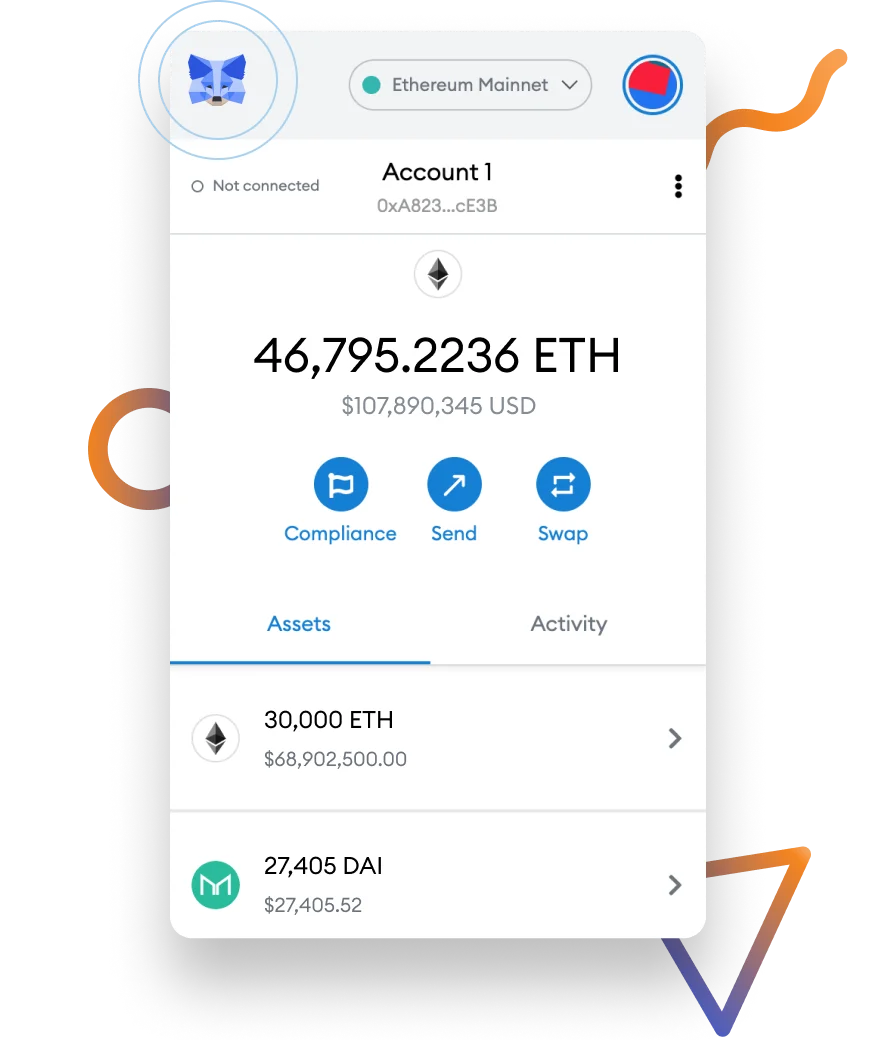Do Crypto Wallets Report to the IRS?

Imagine you're sailing through the vast ocean of digital finance, your crypto wallet as your trusty ship. Suddenly, you hear whispers of the IRS lurking in the shadows, ready to pounce on any untaxed gains. Do crypto wallets report to the IRS? This question is as crucial as knowing the weather before setting sail. Let's dive into the murky waters of cryptocurrency tax reporting and find out.
Understanding IRS Crypto Regulations
First things first, let's get one thing straight: the IRS treats virtual currency as property for tax purposes. This means that general tax principles applicable to property transactions apply to transactions using virtual currency. So, when you buy, sell, or exchange cryptocurrency, you're essentially dealing with property, and the IRS wants its share.
The Role of Digital Wallet Taxation
Your digital wallet is like your personal vault, holding your precious cryptocurrencies. But does it report to the IRS? The short answer is no, not directly. Crypto wallets themselves do not have the capability or the legal obligation to report your transactions to the IRS. However, this doesn't mean you're off the hook. The IRS has other ways to keep tabs on your crypto activities.
Blockchain Tax Laws and Virtual Currency Taxes
Blockchain technology is transparent, meaning every transaction is recorded on a public ledger. This transparency works in the IRS's favor. They can trace your transactions, even if your wallet doesn't report them directly. Moreover, exchanges and other crypto service providers are required to report certain transactions to the IRS. So, while your wallet might be silent, other parts of the crypto ecosystem are singing like canaries.
How the IRS Tracks Your Crypto Activities
So, if your wallet doesn't report to the IRS, how do they keep track of your crypto activities? The IRS has been ramping up its efforts to enforce blockchain tax laws. They've issued guidance and even sent out warning letters to crypto users who may not have reported their virtual currency taxes correctly. Plus, they've been known to subpoena data from exchanges to find out who's not playing by the rules.
The Importance of Accurate Cryptocurrency Tax Reporting
Accurate cryptocurrency tax reporting is not just about avoiding penalties; it's about staying on the right side of the law. The IRS has made it clear that they're serious about enforcing virtual currency taxes. So, it's in your best interest to keep meticulous records of your crypto transactions and report them accurately on your tax returns.
What You Need to Know About Crypto Wallets and the IRS
Now that you understand the basics of IRS crypto regulations and digital wallet taxation, let's talk about what you need to do. First, keep detailed records of all your crypto transactions. This includes buys, sells, exchanges, and even transfers between wallets. Second, report all taxable events on your tax returns. This might seem like a hassle, but it's better than facing the wrath of the IRS.
Staying Compliant with Blockchain Tax Laws
Staying compliant with blockchain tax laws doesn't have to be a nightmare. There are plenty of tools and services out there to help you track your crypto transactions and calculate your taxes. Plus, consulting with a tax professional who understands virtual currency taxes can give you peace of mind. Remember, it's always better to be safe than sorry when it comes to the IRS.
Conclusion
So, do crypto wallets report to the IRS? No, but that doesn't mean you can fly under the radar. The IRS has ways of tracking your crypto activities, and they're not afraid to use them. The key to staying out of trouble is accurate cryptocurrency tax reporting and staying compliant with blockchain tax laws. So, keep those records, report your taxes, and sail smoothly through the crypto seas.
Now, it's your turn. Have you been keeping track of your crypto transactions? Are you ready to face the IRS with confidence? Share your thoughts and experiences in the comments below. Let's start a conversation and help each other navigate the complex world of digital wallet taxation.
FAQs
1. Do I need to report every crypto transaction to the IRS?
Yes, you need to report all taxable events. This includes buying, selling, exchanging, and even transferring cryptocurrency between wallets if it results in a taxable event.
2. What happens if I don't report my crypto taxes?
If you don't report your crypto taxes, you could face penalties, interest, and even criminal charges. The IRS takes virtual currency taxes seriously, so it's best to stay compliant.
3. Can the IRS track my crypto transactions if I use a private wallet?
While private wallets don't report to the IRS, the transparency of blockchain technology means your transactions can still be traced. Plus, exchanges and other service providers may report your activities.
4. How can I stay compliant with blockchain tax laws?
To stay compliant, keep detailed records of all your crypto transactions and report them accurately on your tax returns. Consider using tools and services designed for crypto tax reporting, and consult with a tax professional if needed.
5. What should I do if I've made mistakes in my crypto tax reporting?
If you've made mistakes, it's best to correct them as soon as possible. You can file an amended tax return or use the IRS's voluntary disclosure program to come clean and avoid penalties.
```
Belum ada Komentar untuk " Do Crypto Wallets Report to the IRS?"
Posting Komentar